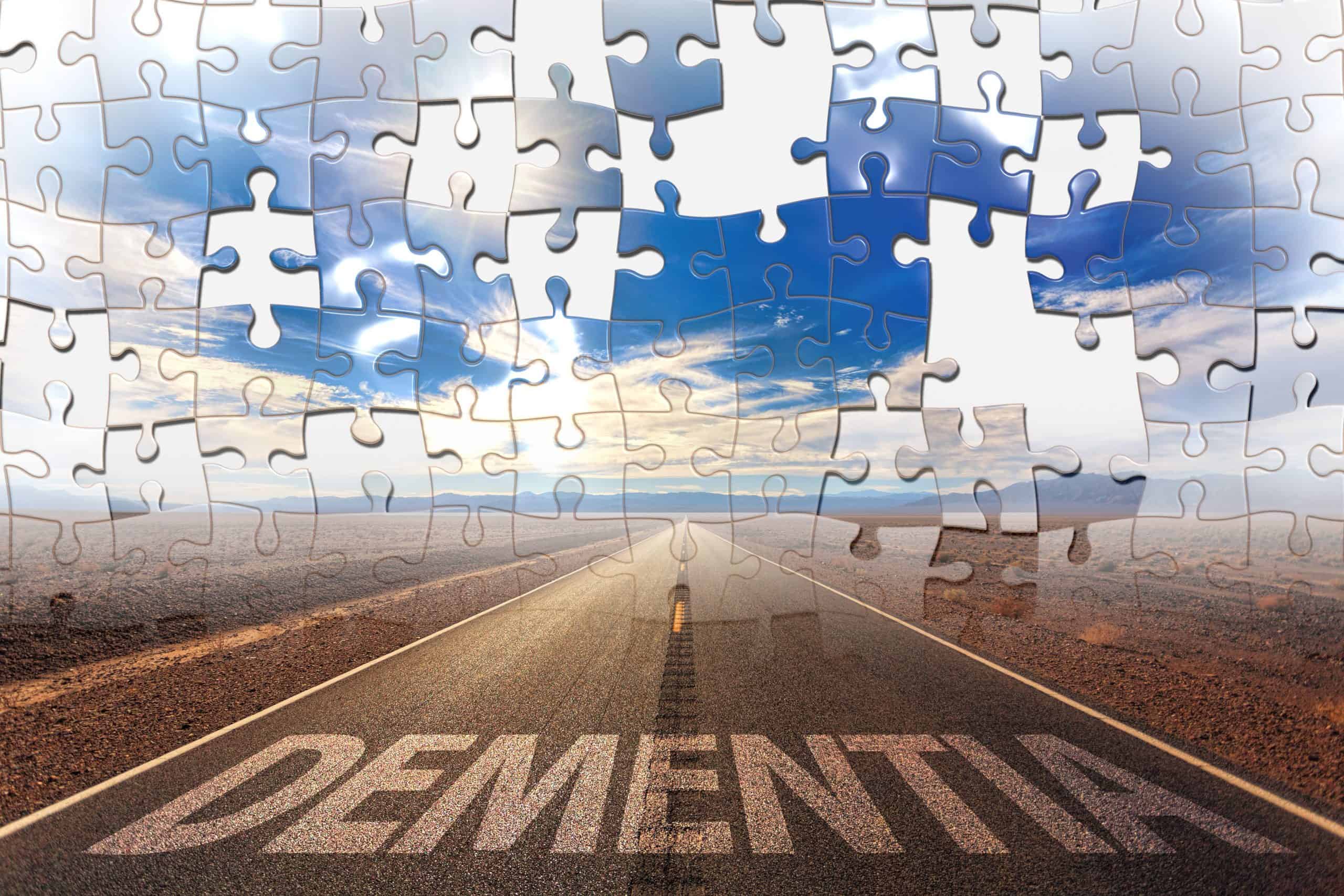How To Rise To The Challenges Of Caring For Individuals With Alzheimer’s Or Other Types Of Dementia
Pegasus skilled in-home caregivers provide comprehensive services in Pasadena and elsewhere. They assist individuals of all ages and medical conditions, including those with mental health issues. Career home health care nurses know how to rise to the challenges of dementia care.
Dementia itself isn’t a disease. Instead, it’s a general term that describes several conditions. The eventual loss of memory and cognitive abilities distinguish dementias.
Damaged nerve cells in the brain cause dementia. The symptoms and severity differ among individuals. It all depends on which cells are damaged and to what extent they’re damaged.
Not All Memory Losses Are Due To Dementia
Specific tests are not currently available for diagnosing dementia. Healthcare providers can evaluate several factors to arrive at an accurate diagnosis. Not all memory loss or similar symptoms are dementia.
Your patient may be described as senile by family members. Recommend that they consult a professional for an assessment to determine the cause. There are treatable conditions that non-professionals may mistake for dementia, including:
- Abnormal metabolism
- Adverse reactions to medicines
- Brain tumors
- Endocrine and immune disorders
- Hydrocephalus
- Inadequate or malabsorption of nutrition
- Infections
- Subdural hematomas
In many cases, these are reversible if correctly treated.
Alzheimer’s Disease Is The Most Common Dementia
There is more than one kind of dementia, all of which are progressive. Medical science has treatments for each. Currently, none can be cured.
The primary types are:
- Alzheimer’s Disease: the most common dementia, due to the brain shrinking as cells die. The primary symptom is memory loss. Movement and speech difficulties come later, followed by personality changes.
- Vascular dementia: the second most common dementia. Brain injuries such as strokes damage the blood vessels, causing brain cells to die. The loss of cognitive ability characterizes it. Patients may eventually develop memory loss.
- Lewy body dementia: the depletion of neurotransmitters in the brain is the cause. Symptoms include lack of alertness, hallucinations, and difficulty with movement. It progresses to memory loss.
- Fronto-temporal dementia: it’s less common than other dementias and affects younger individuals. Individuals experience changes in their personality and behavior, caused by damaged neurons. It progresses to communication and movement difficulties.
- Mixed dementia: Individuals have more than one type of dementia. They simultaneously experience the symptoms of each kind.
Knowing which kind of dementia your patient has helps ensure the best care. And because each progresses with differing rates and symptoms, you can help keep families prepared for the next step.
A significant part of your home health care includes educating family members. The Alzheimer’s Association has free online educational materials for family caregivers. The site includes comprehensive tips and resources available in English and Spanish.
Caring for dementia patients at home can be a stressful endeavor. However, research shows that patients cared for at home “. . . stay healthier and happier and live longer.” For the well-being of both patient and caregiver, emphasize self-care to prevent burnout.
Behavioral, Personality, And Physical Changes Characterize Dementia
Dementia patients often exhibit puzzling or erratic behaviors. But the individual has a reason for each thing they do. Their actions communicate needs they can’t otherwise express.
Common dementia behaviors include:
- Agitation: often the result of frustration at their lack of control. Avoid confrontation or restraint. Maintain routines and allow the individual to care for themselves as much as possible.
- Inattention to personal hygiene: in the early stages, the patient feels embarrassed by having someone help with hygiene. Preserve their modesty and dignity as much as possible. Try adaptations such as using dry shampoo or offering a towel bath.
- Paranoia: reassure them they are safe rather than arguing with them. Show them that nothing is missing from their possessions.
- Refusing to eat or drink: ensure that the individual doesn’t have dental issues that make eating painful. Confirm that medications aren’t changing the taste of food. Eating at scheduled times helps the patient avoid forgetting they need to eat.
- Repetition or shadowing: find a task in which they can feel helpful. Offer distractions and reassurance.
- Sleeplessness: discourage daytime napping. Include as much activity as possible during the day. Avoid stimulating foods such as caffeine and sugar.
- Sundowning: increased confusion and other symptoms at the end of the day. Incorporate calm activities as evening approaches. Clarify that the day is done by closing curtains and turning on lights.
- Wandering: minimize the likelihood of leaving home with safety features such as locks and barriers. Advise families to install a security system. They also need to make sure their loved one has ID at all times. Investing in a GPS tracker and signing up for the Alzheimer’s Association “Safe Return” program is advisable.
Myriad physical, psychological, and social factors influence your patient’s behavior. Some may exhibit more than one kind of inappropriate behavior. These and similar actions challenge you and family caregivers to respond in calm and supportive ways.
Pegasus is a licensed Home Care Organization and a Joint Commission Accredited Home Health Care organization. Our in-home caregivers in Pasadena and our other locations treat all patients with respect regardless of their medical needs. Our career home health care nurses understand how to provide the support and assistance required for dementia patients.

